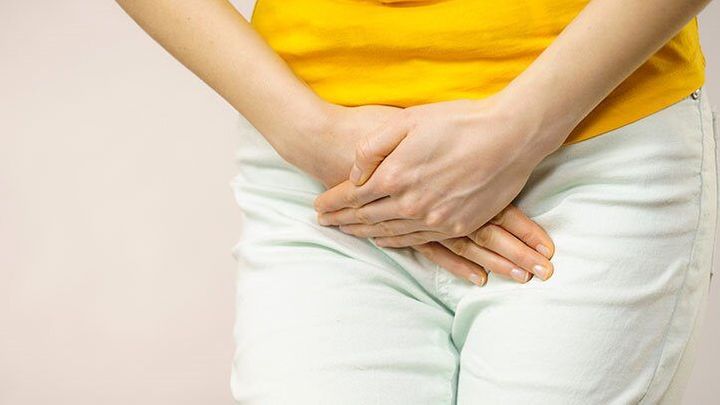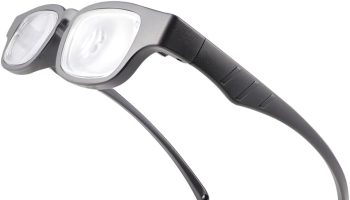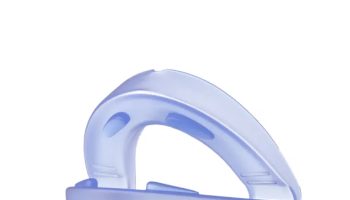Urinary incontinence is a common problem whereby you can’t control your bladder, so you involuntarily pass urine. The severity of urinary incontinence ranges from occasional urine leaks when you cough or sneeze to having a strong urge to urinate that you can’t get to a toilet in time. Although urinary incontinence is common in older adults, it is not an inevitable consequence of aging. Unfortunately, most people with this problem shy away from seeking help, but you should not be embarrassed to discuss your symptoms with Dr. Peter A Khamvongsa.
Types of urinary incontinence
- Stress incontinence. Pressure on the bladder due to lifting something heavy, laughing, sneezing, coughing, laughing, or exercising causes urine leaks.
- Overflow incontinence. Your bladder does not empty, so you experience frequent or constant dribbling of urine.
- Urge incontinence is whereby you have a sudden and intense urge to urinate; then, you involuntarily pass urine. If you have this type of incontinence, you may need to urinate often, including at night. Urge incontinence may be due to a minor infection, severe condition like diabetes, or neurological disorder.
- Functional incontinence. You cannot make it to the toilet in time because of physical or mental impairment. For example, if you have severe osteoarthritis, you may not be able to open the doorknob or unbutton your pants quickly enough.
- Mixed incontinence is whereby you have more than one type of urinary incontinence. It most often refers to a combination of stress incontinence and urges incontinence.
Causes of urinary incontinence
- Temporary urinary incontinence
Urinary incontinence may result from everyday habits such as taking certain drinks and foods. For example, drinks like carbonated beverages and alcohol stimulate the bladder and increase urine volume. Other foods and beverages that cause temporary urine incontinence include caffeine, chocolate chili peppers, large doses of vitamin C, and fruits high in spice and acid.
Temporary urinary incontinence may also be due to certain medications such as sedatives and muscle relaxants. Easily treatable medical conditions such as urinary tract infection can irritate your bladder, causing incontinence or a strong urge to urinate. The nerves in your rectum can also become overactive due to constipation, thus increasing urinary incontinence.
- Persistent urinary incontinence
Underlying changes or physical problems can also cause urinary incontinence. For example, during pregnancy, the fetal weight stresses your bladder, and you may have the constant need to pass urine. After a vaginal delivery, the muscles needed for bladder control may become weak, and the supportive tissues can get damaged, leading to a prolapsed pelvic floor. With prolapse, the uterus, bladder, rectum, or small intestines protrude into the vagina and may cause incontinence.
Weakening of the bladder muscles due to old age can also result in incontinence. Further, as you grow older, your involuntary bladder contractions become frequent. Other conditions and factors such as menopause, prostate cancer, enlarged prostate, neurological disorders, and obstruction can cause urinary incontinence.
Although urinary incontinence is not always preventable, you can reduce your risk of this condition by avoiding bladder irritants like coffee, maintaining a healthy weight, and practicing pelvic floor exercises.
If you involuntarily pass urine, visit your doctor at The Miami Institute for Women’s Health for Treatment to improve your quality of life.





